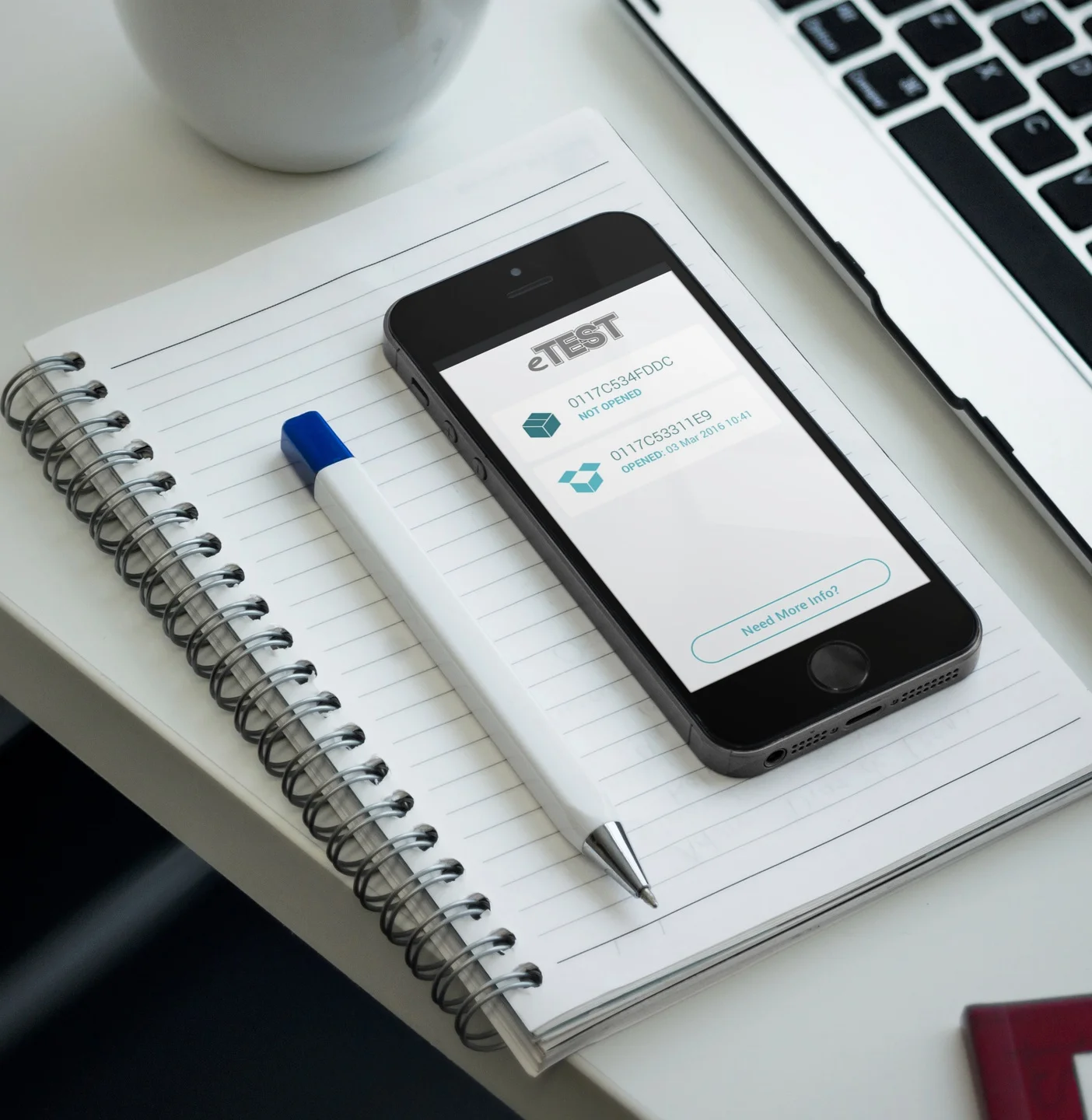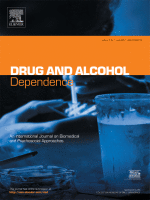We're very excited to share our first publication from the eTEST project! In this paper, we report results from some qualitative research we conducted to help inform the development of eTEST. We showed that using a smartphone together with an internet-of-things (IoT) device to provide counseling and linkage to care after testing for HIV at home is feasible and could be a welcomed resource that helps those at-risk get tested more often, while also giving them the support they need.
In gay/bi men living with HIV, very heavy drinking increases the risk for engaging in behavior that can transmit HIV
Some might say, "No, duh!" But, we conducted one of the first studies to explore whether specific levels of drinking on a given day increased the odds of engaging in behavior that can transmit HIV in gay/bi men who are living with HIV. In this paper, published in the journal AIDS & Behavior, we showed that drinking more than 5 drinks on a given day increased the odds of engaging in sex that could transmit HIV that same day more than two-fold, and having more than 12 drinks increased those odds over 6-fold. These findings are in stark contrast to similar studies of straight men and women, which don't show such pronounced increases.
Drinking specifically to facilitate sex may lead gay/bi men to drink more, could result in more risk
In our ongoing effort to understand exactly why alcohol and drug use increases the risk for sexually-transmitted infections like HIV, a paper we published in the journal Psychology of Addictive Behaviors showed that some gay/bi men may drink specifically to feel less inhibited about meeting romantic partners, and that these men may end up drinking more heavily than others. This tendency could also be one factor that increases risk for STIs and HIV in these men, but more carefully-designed studies are needed to explore this.
Treatments for alcohol problems designed specifically for gay/bisexual men are few and far between
Gay and bisexual men suffer from alcohol-related problems just like everyone else, but often experience more severe health-related consequences due to these problems than others. In this review we published in Drug and Alcohol Reviews, we suggest that more research is needed to explore how well common treatments for alcohol use disorders work in gay/bi men.
Using mobile "behavior diaries" may improve the accuracy of collecting behavioral data
In a paper we published in the journal AIDS & Behavior, we showed that "behavior diaries" collected using mobile devices could help us understand the everyday influences on the decisions gay/bi men make about drinking, drug use, and sex. This could be the first step toward using this data to help people change their behavior through the mobile devices they carry with them everywhere.






